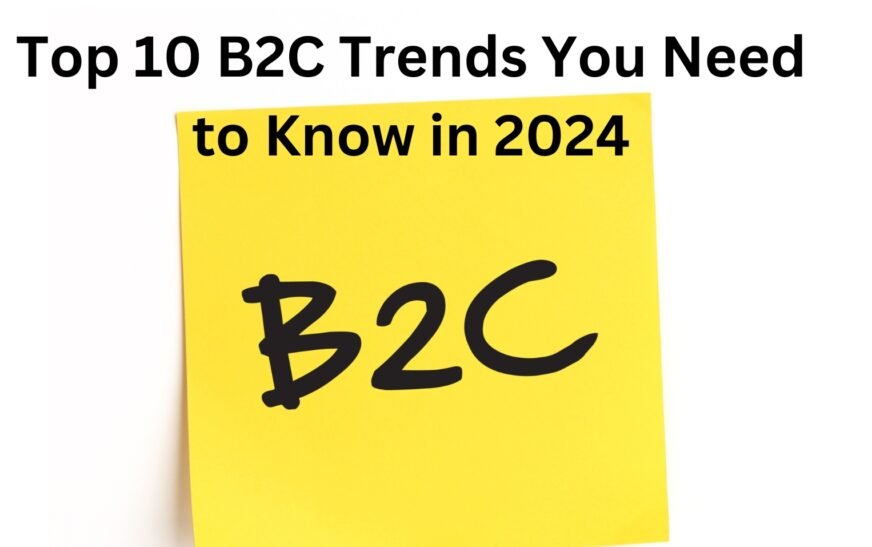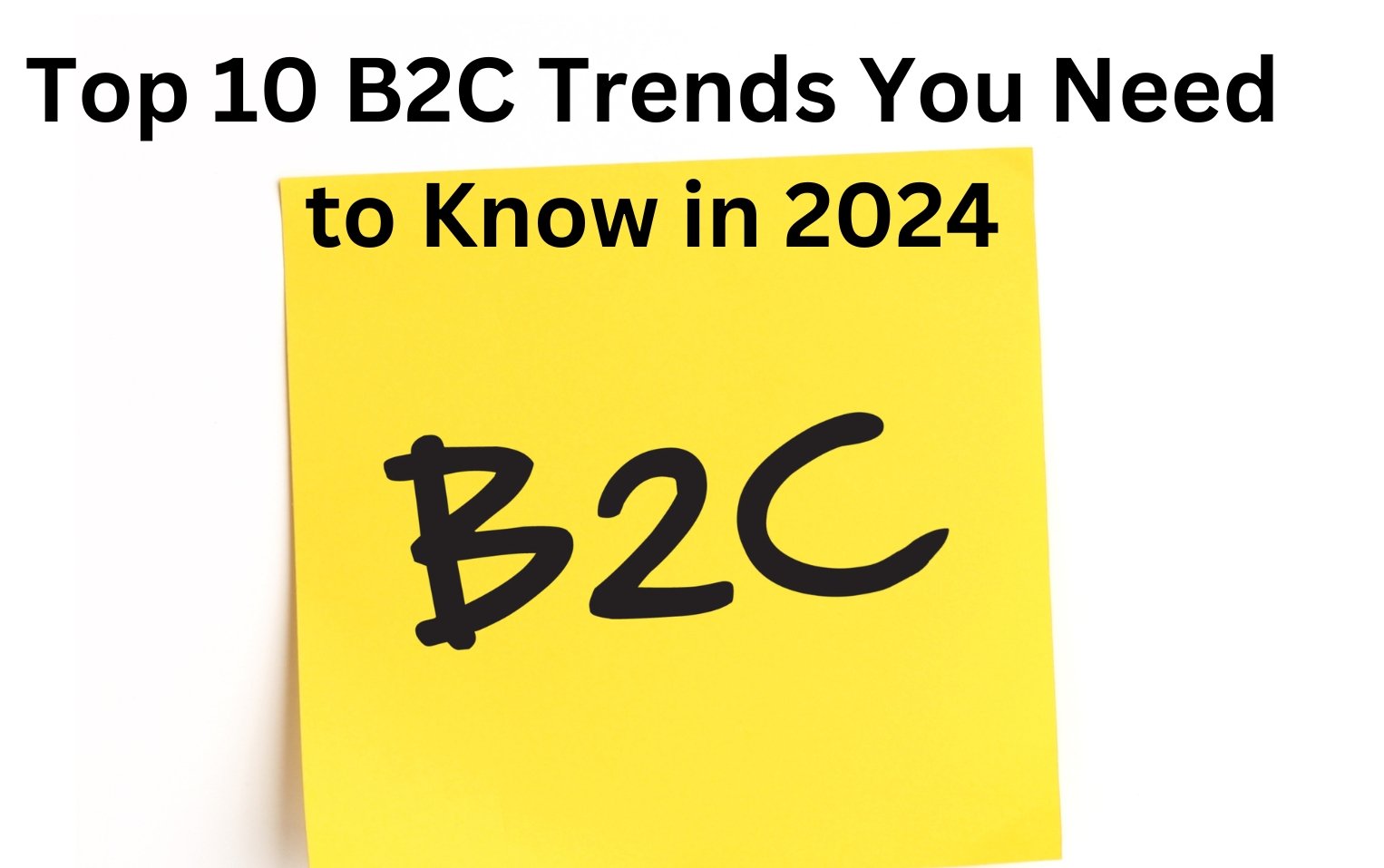Introduction
PPC, or pay-per-click advertising, has been a cornerstone of digital marketing for years, providing businesses with a powerful tool to drive traffic and sales. As the digital landscape evolves, so does the way we manage and optimize PPC campaigns. Keeping up with the latest trends is crucial for staying ahead in this competitive field. So, what does the future hold for PPC management? Let’s dive in and explore the emerging trends that are set to shape the future of PPC.
Emerging Trends in PPC Management
PPC management is constantly evolving, driven by advancements in technology and changes in consumer behavior. From automation and AI to enhanced audience targeting, these trends are transforming the way we approach PPC.
The Rise of Automation and AI in PPC
AI-Driven Bid Strategies
Automation and AI are revolutionizing PPC management. AI-driven bid strategies are becoming more sophisticated, allowing for real-time adjustments that maximize ad performance. These strategies analyze vast amounts of data to determine the optimal bid for each keyword, ensuring that your ads are always shown to the right audience at the right time.
Automated Ad Creation
In addition to bidding, AI is also making waves in ad creation. Automated ad creation tools can generate ad copy and design variations based on user data and preferences. This not only saves time but also ensures that ads are highly relevant and engaging for the target audience.
Enhanced Audience Targeting
Behavioral Targeting
Gone are the days of generic ads. Today, enhanced audience targeting allows marketers to deliver highly personalized ads based on user behavior. By analyzing past interactions, search history, and other data points, PPC managers can create ads that resonate with individual users on a deeper level.
Contextual Targeting
Contextual targeting is also gaining traction. This approach focuses on displaying ads based on the content of the webpage a user is currently viewing. By aligning ads with the context in which they are seen, marketers can improve relevance and engagement.
Voice Search and PPC
Growth of Voice Search
Voice search is rapidly growing, thanks to the popularity of smart speakers and virtual assistants. As more consumers use voice search, PPC managers need to adapt their strategies to capture this audience.
Optimizing PPC for Voice Search
Optimizing PPC for voice search involves understanding the nuances of how people speak compared to how they type. This means incorporating more natural language and question-based keywords into your campaigns. It also requires ensuring that your landing pages are optimized for quick, direct answers.
The Role of Data Analytics in PPC
Importance of Data-Driven Decisions
Data analytics is the backbone of successful PPC management. By leveraging data, marketers can make informed decisions that enhance campaign performance. From identifying high-performing keywords to understanding user behavior, data-driven insights are invaluable.
Advanced Analytics Tools
Advanced analytics tools are making it easier than ever to gather and interpret data. Tools like Google Analytics, SEMrush, and Ahrefs provide in-depth insights that help marketers refine their strategies and achieve better results.
Cross-Platform Campaign Management
Managing Campaigns Across Multiple Platforms
With users spreading their time across various platforms, cross-platform campaign management is essential. Managing PPC campaigns on Google, Bing, Facebook, Instagram, and other platforms can be challenging, but it’s necessary to reach a broader audience.
Integration of PPC with Other Marketing Channels
Integrating PPC with other marketing channels, such as email marketing and social media, can amplify your reach and impact. A cohesive strategy ensures that your message is consistent and reinforces your brand across all touchpoints.
The Shift to Mobile-First PPC Strategies
Mobile Ad Formats
As mobile usage continues to rise, mobile-first PPC strategies are becoming crucial. Mobile ad formats, such as responsive ads and in-app ads, are designed to engage users on their smartphones and tablets.
Mobile User Behavior Insights
Understanding mobile user behavior is key to optimizing your campaigns. This includes knowing peak usage times, preferred content types, and interaction patterns. By tailoring your ads to mobile users, you can improve engagement and conversion rates.
Video Ads and PPC
Popularity of Video Content
Video content is booming, and this trend is reflected in PPC. Video ads are highly engaging and can convey your message more effectively than text or image ads.
Creating Effective Video PPC Ads
Creating effective video PPC ads involves crafting compelling stories, using high-quality visuals, and including clear calls to action. It’s also important to optimize video length and format for different platforms to maximize impact.
Privacy Concerns and PPC
Impact of Privacy Regulations
Privacy regulations, such as GDPR and CCPA, are reshaping the digital advertising landscape. PPC managers must navigate these regulations to ensure compliance while still delivering effective campaigns.
Adapting PPC Strategies for Privacy Compliance
Adapting PPC strategies for privacy compliance involves being transparent about data usage, obtaining user consent, and using privacy-friendly targeting methods. This not only builds trust but also ensures that your campaigns remain effective in a privacy-conscious world.
The Growing Importance of First-Party Data
Collecting and Utilizing First-Party Data
As third-party cookies phase out, first-party data is becoming increasingly important. Collecting and utilizing first-party data, such as email addresses and purchase history, allows for more accurate targeting and personalized campaigns.
Reducing Reliance on Third-Party Cookies
Reducing reliance on third-party cookies involves investing in data collection methods that respect user privacy. This includes leveraging customer data platforms (CDPs) and encouraging users to share their information willingly.
Innovations in Ad Formats
Interactive Ads
Interactive ads are a growing trend, offering a more engaging experience for users. These ads encourage interaction through quizzes, polls, and other interactive elements, making the ad experience more immersive.
Shoppable Ads
Shoppable ads are another innovation, allowing users to purchase products directly from the ad. This seamless shopping experience can significantly boost conversion rates and sales.
Personalization in PPC Campaigns
Customizing Ads for Individual Users
Personalization is key to effective PPC campaigns. Customizing ads for individual users based on their preferences, behaviors, and demographics can increase relevance and drive better results.
Tools for Personalization
There are various tools available for personalization, such as dynamic keyword insertion and personalized landing pages. These tools help create a more tailored experience for each user.
Budget Optimization Techniques
Effective Budget Allocation
Effective budget allocation is crucial for maximizing ROI. This involves distributing your budget across campaigns, keywords, and platforms based on performance data and strategic goals.
Maximizing ROI with Limited Budgets
Even with limited budgets, it’s possible to achieve great results. Focusing on high-impact keywords, refining targeting, and continuously optimizing your campaigns can help you get the most out of your budget.
Future-Proofing Your PPC Strategy
Staying Ahead of the Curve
The digital marketing landscape is always changing. Staying ahead of the curve involves continuously learning, experimenting with new strategies, and adapting to emerging trends.
Adapting to Future Changes
Adapting to future changes means being flexible and ready to pivot your strategy as needed. By keeping an eye on industry developments and being proactive, you can ensure that your PPC campaigns remain effective in the long run.
Conclusion
The future of PPC management is bright and full of exciting opportunities. By embracing automation, enhancing audience targeting, leveraging data analytics, and staying adaptable, you can ensure that your PPC campaigns continue to deliver outstanding results. As the digital landscape evolves, staying informed and proactive will be key to your success.
FAQs
- What is PPC?
PPC, or pay-per-click, is a digital advertising model where advertisers pay a fee each time their ad is clicked. It’s a way of buying visits to your site rather than earning them organically. - How can AI improve PPC campaigns?
AI can improve PPC campaigns by optimizing bid strategies, automating ad creation, and providing deeper insights into user behavior, all of which enhance campaign performance. - Why is mobile-first important in PPC?
Mobile-first is important because more users are accessing the internet via mobile devices. Optimizing for mobile ensures that your ads are effective and engaging for this growing audience. - What are shoppable ads?
Shoppable ads are interactive ads that allow users to purchase products directly from the ad, providing a seamless shopping experience that can increase conversions. - How can I ensure my PPC campaigns are privacy-compliant?
To ensure privacy compliance, be transparent about data usage, obtain user consent, and use privacy-friendly targeting methods. Staying updated with regulations like GDPR and CCPA is also crucial.








